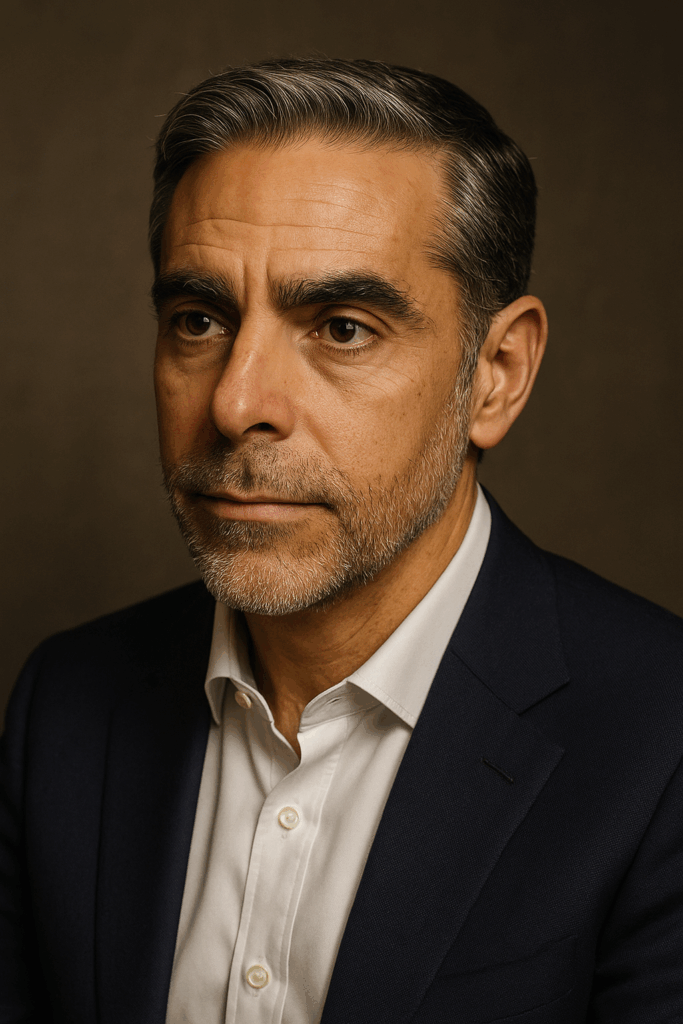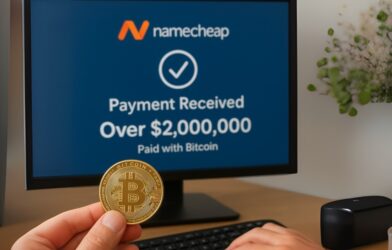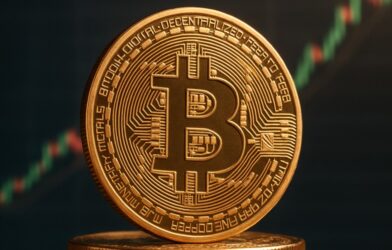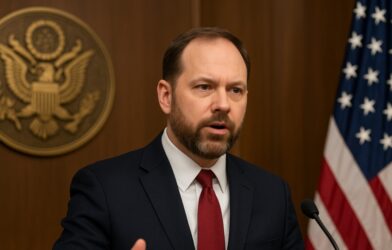Introduction
David Marcus, the former President of PayPal and current CEO of Lightspark, made a statement that has deeply resonated within the cryptocurrency community:
“Generations to come will wish they were born in this one when they still had a chance to own one full Bitcoin.”
This remark is more than just a bullish endorsement of Bitcoin. It is a reflection on scarcity, timing, technological revolutions, and the psychology of missed opportunities. In this article, we will break down the meaning of this quote, the underlying economic and social implications, and why it continues to shape the conversation around Bitcoin adoption.
The Essence of the Quote
Marcus’s statement can be understood in three key layers:
- Scarcity of Bitcoin
Bitcoin has a fixed supply of 21 million coins. Unlike fiat currencies, no new Bitcoin can be created beyond this limit. As demand grows and supply shrinks through adoption and lost coins, owning a full unit becomes increasingly difficult. - Historic Timing
We live in a period where Bitcoin is still relatively young and accessible. For Marcus, this is a unique “window of opportunity” that future generations won’t have. - Generational Envy
Just as people today envy early buyers of Apple stock or real estate in booming cities, Marcus suggests future generations will envy today’s opportunity to own a full Bitcoin.
Why Bitcoin Ownership Matters
1. Fixed Supply and Scarcity
Bitcoin’s capped supply at 21 million makes it unique among assets. Every four years, its issuance rate halves through the “halving” mechanism. This deflationary model means each coin should theoretically increase in value over time as demand rises and supply tightens. Owning a whole Bitcoin represents holding a complete unit of the most scarce digital asset.
2. Institutional Adoption
In recent years, Bitcoin has gained legitimacy through institutional interest. Spot Bitcoin ETFs, corporate treasuries adding BTC, and hedge funds allocating capital have all made Bitcoin more mainstream. As institutions accumulate, the availability of coins for retail investors shrinks, making full-coin ownership less achievable.
3. Cultural and Symbolic Value
Owning one full Bitcoin is not just financial — it has cultural significance. In crypto culture, a “whole coiner” carries prestige, representing both foresight and conviction. As Bitcoin’s price climbs, the status associated with owning an entire coin will likely intensify.
Psychological and Social Dimensions
Marcus’s statement taps into FOMO (fear of missing out), a driving factor in financial markets:
- Retrospective Regret
Early buyers who accumulated Bitcoin when it was $1, $100, or even $10,000 are celebrated today. Those who dismissed it regret the missed chance. Marcus implies that future investors will experience this same regret for not owning a full coin today. - Symbol of Legacy
In the future, passing down a full Bitcoin might become a form of legacy wealth — much like property or gold. It could symbolize financial foresight for generations. - Prestige of Wholeness
While fractional ownership is possible, psychologically, people value the idea of owning a “whole” rather than fractions. Just as owning one house feels different than owning a fraction of one, one Bitcoin carries symbolic completeness.

Historical Parallels
1. Gold in Ancient Times
When gold was more abundant, common people could own meaningful amounts. Over centuries, as supply became concentrated and harder to access, gold ownership became a privilege. Marcus positions Bitcoin in a similar trajectory.
2. Early Stock Opportunities
Investors who bought into companies like Apple, Microsoft, or Amazon in their early days are often cited as examples of once-in-a-lifetime opportunities. Bitcoin is often framed in the same category: a chance to invest in a transformative technology before it matures fully.
3. Land Ownership
Land once appeared abundant and cheap. Today, prime land is scarce and highly valuable. Marcus implies Bitcoin could follow this same pattern — once seen as accessible, later regarded as a privilege.
Counterpoints to Consider
While Marcus’s optimism is compelling, balanced analysis requires acknowledging potential caveats:
- Fractional Ownership
Even if owning one full Bitcoin becomes rare, people can still buy fractions (satoshis). Functionally, this means access remains available, even if the psychological value of a “whole” diminishes. - Volatility
Bitcoin remains volatile. The journey toward becoming a globally adopted store of value is not guaranteed. Price swings may discourage some investors, and regulatory actions could add uncertainty. - Technological Competition
Other blockchain innovations or digital assets may emerge, challenging Bitcoin’s dominance. While Bitcoin has strong first-mover advantage, the tech landscape evolves quickly. - Regulation and Policy
Governments worldwide are still figuring out how to regulate Bitcoin. Stricter laws could either limit adoption or, conversely, give Bitcoin legitimacy — but the uncertainty remains.
Broader Implications
- Investor Behavior
Statements like Marcus’s fuel urgency among retail investors. The idea of “buy now or regret later” influences purchasing behavior and contributes to demand surges. - Market Narrative
This quote strengthens Bitcoin’s narrative as a generational wealth-building tool, reinforcing its reputation as “digital gold.” - Cultural Legacy
Over time, the narrative of full-coin ownership may create a class distinction within the crypto world — those who hold a full Bitcoin versus those who only hold fractions. - Educational Impact
For newcomers, Marcus’s words are a simplified way of understanding Bitcoin’s scarcity model and why timing matters.
Conclusion
David Marcus’s bold statement is not just about Bitcoin’s price potential; it’s about perspective, timing, and legacy. He frames the present as a rare historical moment — one in which individuals still have a chance to own an entire unit of the world’s first and most recognized cryptocurrency.
In his view, the scarcity of Bitcoin will transform full ownership into a privilege, a marker of foresight, and a source of envy for future generations. Whether or not this prediction fully materializes, Marcus’s words highlight the enduring narrative around Bitcoin: that it is not merely an asset, but a once-in-a-lifetime opportunity to be part of a financial revolution.











